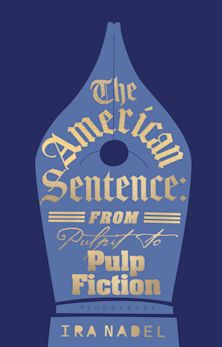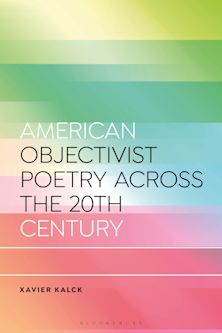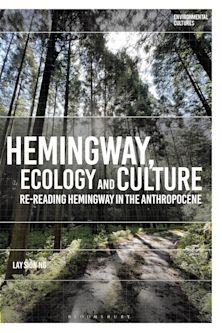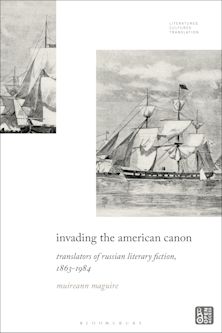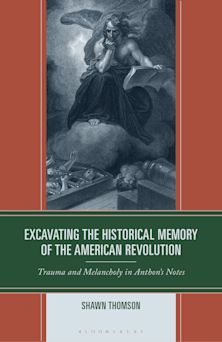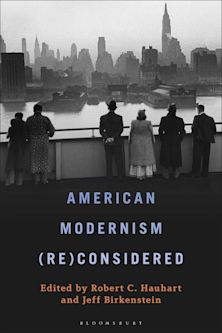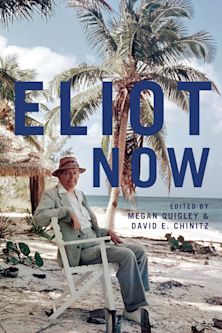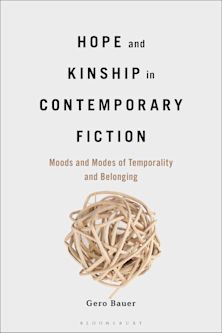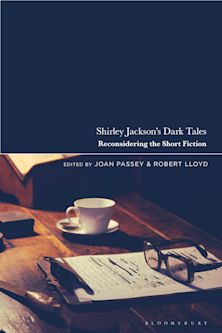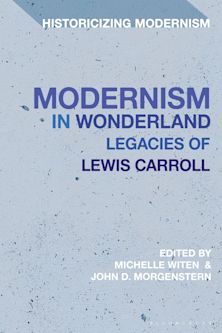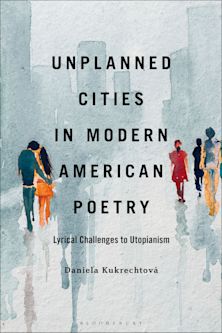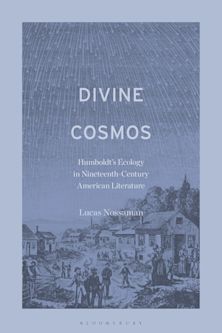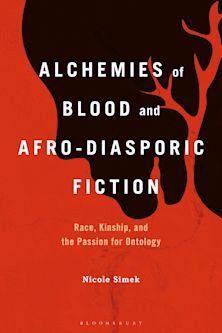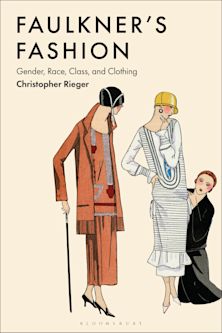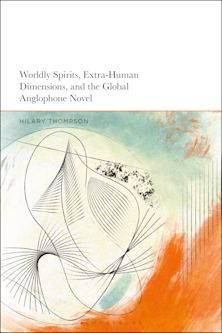- Home
- ACADEMIC
- Literary Studies
- North American and Caribbean Literature
- The Contemporary African American Novel
The Contemporary African American Novel
Multiple Cities, Multiple Subjectivities, and Discursive Practices of Whiteness in Everyday Urban Encounters
The Contemporary African American Novel
Multiple Cities, Multiple Subjectivities, and Discursive Practices of Whiteness in Everyday Urban Encounters
You must sign in to add this item to your wishlist. Please sign in or create an account
Description
This book examines the post-1990s African American novels, namely the “neo-urban novel,” and develops a new urban discourse for the twenty-first century on how the city, as a social formation, impacts black characters through everyday discursive practices of whiteness. The critique of everyday life in a racial context is important in considering diverse forms of the lived reality of black everyday life in the novelistic representations of the white dominant urban order. African American fictional representations of the city have political significance in that the “neo-urban novel” explores the nature of the American society at large. This book explores the need to understand how whiteness works, what it forecloses, and what it occasionally opens up in everyday life in American society.
Table of Contents
Acknowledgments
Introduction: How Black are Whites in the Age of Obama: Problematizing Normative Spaces in the African American ‘Neo-Urban’ Novel
Chapter One: Alternative “Detection” of Whiteness in Walter Mosley’s L.A.: The Politics of Masquerade in Devil in a Blue Dress(1990)
Chapter Two: Transgressing the Authority of Whiteness in Strategic Spaces of Blackness: Resisting Urban Project of Alterity in Walter Mosley’s Little Scarlet (2004
Chapter Three: Deconstructing the Black Body as Biopolitical Paradigm of the City: “Zones of Indistinction” in John Edgar Wideman’s Two Cities (1998)
Chapter Four: Re-Scripted Performances of Blackness as ‘Parodies of Whiteness’: Discursive Frames of Recognition in Percival Everett’s I am Not Sidney Poitier (2009)
Chapter Five: Contested Terrain of Blackness in “Color-Blind” Spaces of (Racialized) Intersubjectivity: Unmasking Discursive Manifestations of Whiteness in Martha Southgate’s The Fall of Rome (2002)
Chapter Six: Navigations of Embedded Dynamics of Whiteness in the City as Discursive Space: Revisionary Urban Scripts of “Penalized” Blackness in Asha Bandele’s Daughter (2003
Chapter Seven: The (Im)possibilities of Writing the Black Interiority Into DiscursiveTerrain: The Discourse of Failure as Success in Unavailable/Unavoidable Spaces of Whiteness in Michael Thomas’ Man Gone Down (2007
Afterword: Undoing Whiteness or Performing Whiteness Differently : African American Neo-Urban Novel as the Critique of Everyday Life
Bibliography
Index
About the Author
Product details
| Published | 20 Jul 2012 |
|---|---|
| Format | Ebook (Epub & Mobi) |
| Edition | 1st |
| Extent | 286 |
| ISBN | 9781611475319 |
| Imprint | Fairleigh Dickinson University Press |
| Publisher | Bloomsbury Publishing |
About the contributors
Reviews
-
Lâle Demirtürk’s critical study of the African American “neo-urban novel” draws together an impressive array of postmodern theory and criticism. This in-depth analysis of novels by six contemporary American writers convincingly demonstrates how these novelists ultimately subvert the discursive power of normative whiteness. The study’s interpretative framework is aptly applied to a range of texts, from Walter Mosley’s popular detective fiction to Percival Everett’s and John Edgar Wideman’s arguably more literary works. The internationalist perspective of the book provides an intriguing angle on how these cutting-edge writers re-imagine the everyday realities of the American urban landscape. Theoretically assured and richly detailed, Demirtürk’s study will prove a rewarding read for serious students of African American literature.
Bonnie Tusmith, co-editor of Race in the College Classroom: Pedagogy and Politics
-
Lâle Demirtürk's new text importantly demonstrates how black people contest urban spaces as tropes of black criminality and savagery in need of white control and how, through such acts of contestation, black bodies are able to re-signify such urban spaces as sites of agential identity formation in relationship to white hegemony. Demirtürk’s text, which makes a significant contribution to African American literature, whiteness studies, and the dynamics of racialized urban space, is as much an intelligent and splendid analysis of “the African American neo-urban novel” as it is a text that infuses her own identity as an ally of black people.
George Yancy, professor of philosophy, Emory University














